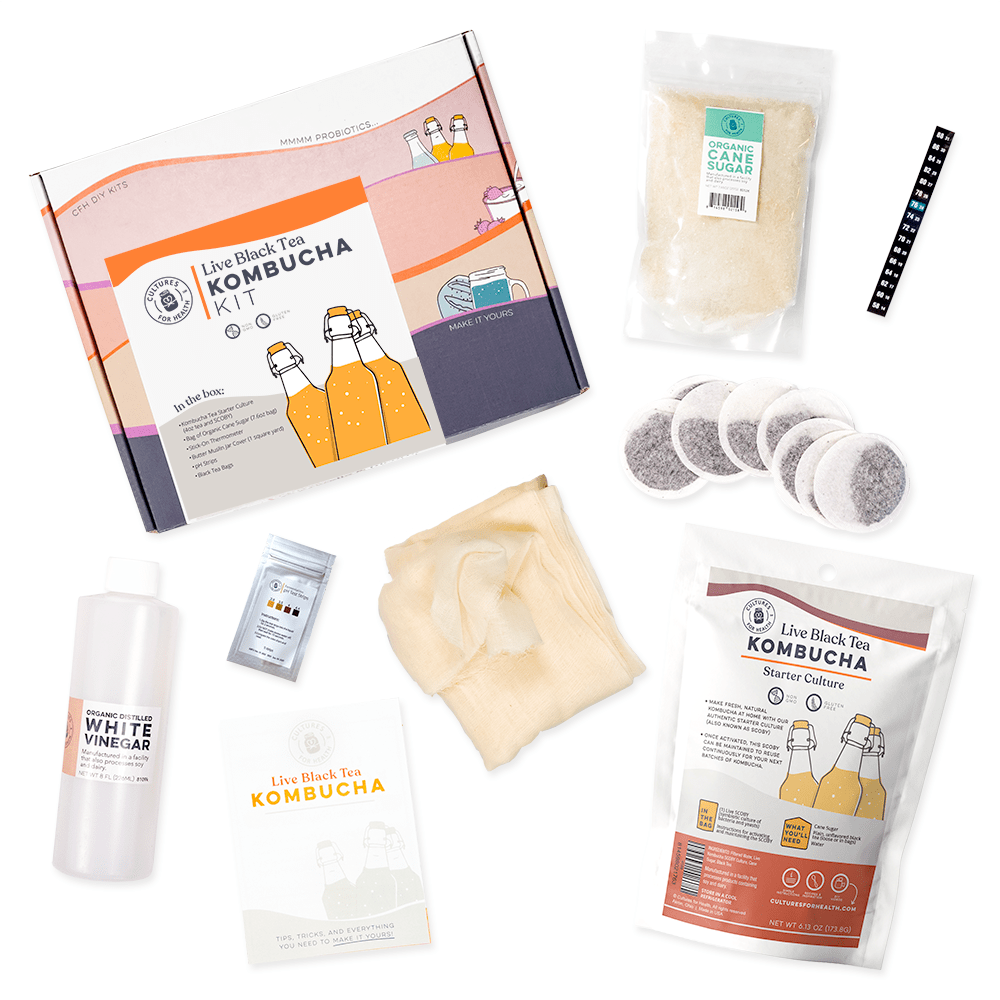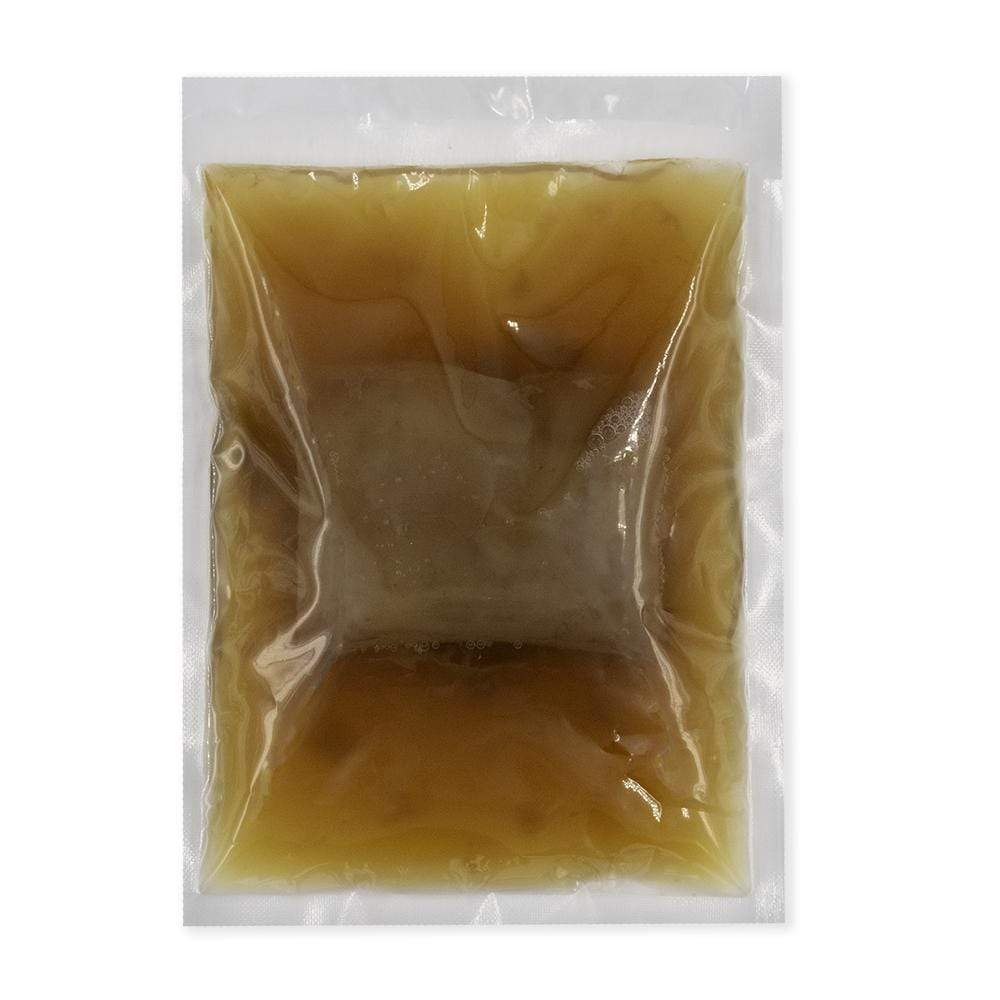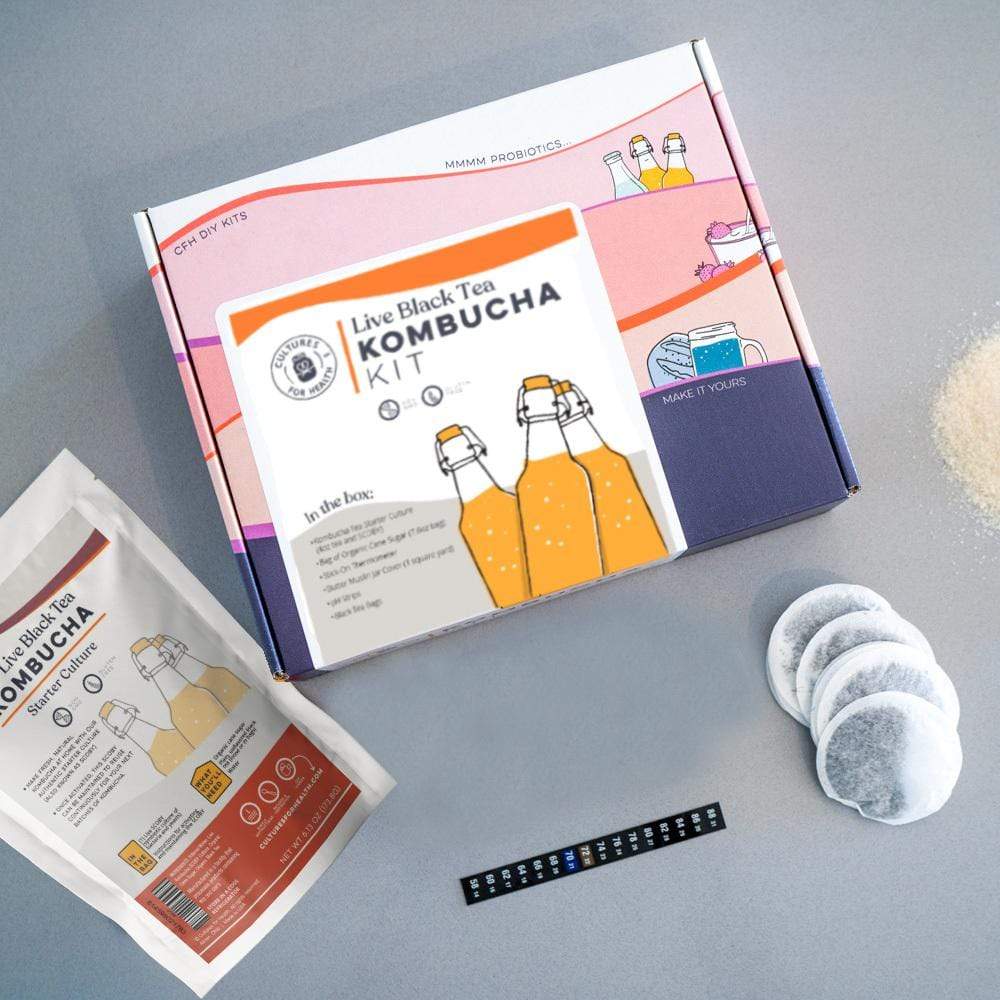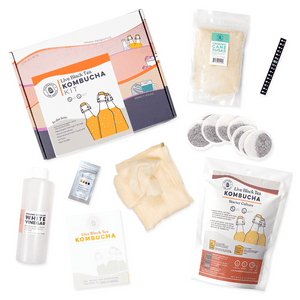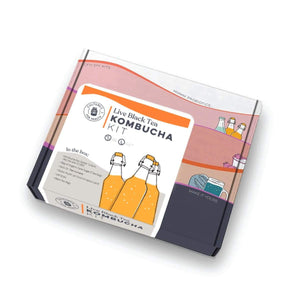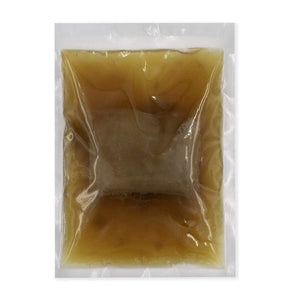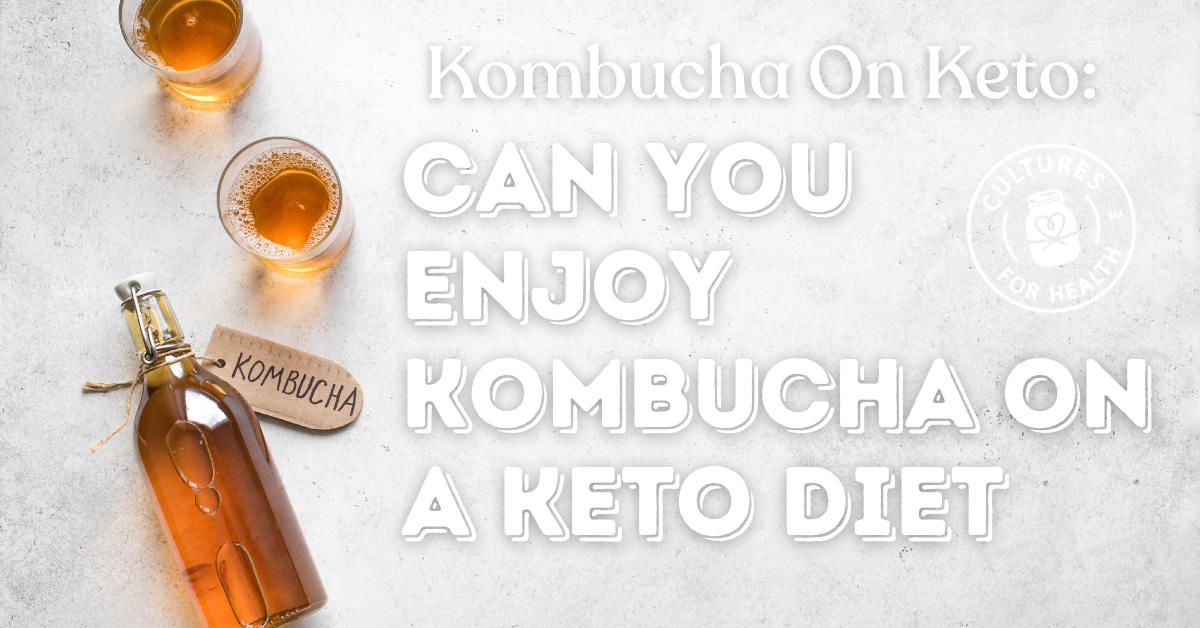
Municipal water quality varies around the country, as does the quality of spring water and well water. The water for culturing may come from various sources.
Click here to download our Lacto-Fermentation Guide book today. We provide an easy guide on choosing a water source for making cultured and fermented foods and a recipe book with delicious and healthy recipes.
HOME WATER SOURCES
Well Water
Well water can come from a municipal or private well. If from a municipal well, it will contain chlorine and possibly fluoride, as well as any other treatment chemicals the utility chooses to add. Private wells are tested for microbial contamination at the time of installation, but not thereafter. Well owners should test their water annually for microbial contamination and chemical contamination from nitrates/nitrites, arsenic, petroleum byproducts, radon, or pesticides.
Well water is typically higher in minerals, which can be good for water kefir, as long as the mineral content is not too high. Higher mineral content is not good for kombucha starter.
Live Black Tea Kombucha Starter Kit
Spring Water
Spring water comes out of the ground and is used close to the source or bottled for commercial sale. Spring water is typically high in minerals.
Tap Water
Tap water is water that comes from a municipal water source. It could be glacier water, well water, river water, or water collected in a variety of ways.
Tap water may be hard (mineral-rich), or soft (relatively free of minerals). Many people with hard water choose to run the water through a water softener that adds salts to remove the “hard” minerals. To find out what is in your tap water, ask your water utility for a water quality report.
Water that is too “hard” can be a problem for some cultures, while water that is too “soft” can require mineralization for other cultures. In terms of chemicals in your water, if you feel safe drinking it, it'll do just fine for culturing.
Bottled Water
Bottled water in plastic bottles is available almost anywhere these days. Check the label! It can be spring water bottled at the source, water collected from rivers or streams, or even municipal tap water. Bottled water may have added fluoride.
Distilled Water
Distilled water is a type of bottled water that has been completely purified and contains no minerals or chemicals of any sort. Water that is sold in fountain machines at supermarkets is often distilled or purified in other ways, and is free of chlorine, fluoride, minerals, or bacterial contaminants. Check with the supplier to be sure.
TREATMENT METHODS FOR TAP WATER
Boiling or Aerating
Boiling and aerating the water may remove chlorine. Chlorine is very unstable in water. Boil the water to remove chlorine. Alternately, leave water to stand for 24 hours or put it in a blender for about 20 minutes.
NOTE: These methods will not remove chloramines or fluoride.
Simple Charcoal Filtration
Simple charcoal filtration with a standard countertop or faucet filter system is one of the easiest and least expensive ways to remove chlorine. Check your filter for information about chloramine removal. Charcoal filtration does not eliminate fluoride.
Enhanced Filtration
Enhanced Filtration can be achieved with some types of whole-house filters or more expensive faucet filters. Some enhanced filtration systems are designed to remove fluoride as well. Check your owner's manual for details.
Reverse Osmosis
Reverse Osmosis systems remove chlorine and most minerals from water, and will remove most fluoride.
Structured Water / pH-Balanced Water / Ionized Water
This water is not suitable for culturing. If your water treatment unit has a setting for "clean water" that does not change the pH and does not alter the water structure, but merely filters out contaminants, then the water can be used for culturing.
Interested in learning about the best water source for cultured and fermented foods? Download our free Lacto-Fermentation Guide and Recipe book today!
CULTURE-SPECIFIC SPECIAL REQUIREMENTS
While the guidelines above are a good starting point for choosing water for making cultured and fermented foods, we have articles to help you learn more about the best water source and ingredients to use when culturing kombucha, water kefir and fermenting vegetables too!
Cultures, such as sourdough, cheese, and fermented vegetables do not have specific mineral requirements. For these cultures, use water that is free of chlorine, chloramines and fluoride. You can try our Sourdough Cultures for Sale.













